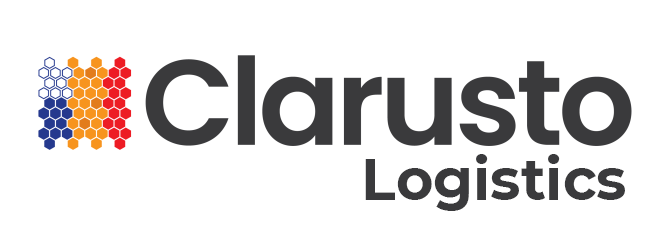
Discover how neuromarketing uses brainwave studies to predict consumer demand, optimizing logistics strategies and revolutionizing the supply chain.
Introduction:
Neuromarketing for logistics is gaining traction as businesses increasingly turn to innovative approaches to understand and predict consumer behavior in today’s data-driven world. One such groundbreaking methodology is neuromarketing, a discipline combining neuroscience and marketing to analyze brain activity and its influence on decision-making. The potential for neuromarketing to revolutionize logistics is immense, offering ways to forecast consumer demand with precision and refine supply chain strategies effectively.
What is Neuromarketing?
Studying consumers’ neurological responses to various stimuli—ads, products, packaging, or pricing—offers valuable insights. Tools like functional magnetic resonance imaging (fMRI) and electroencephalography (EEG) measure brain activity, revealing subconscious preferences and emotional triggers. Applied to logistics, these insights help companies predict buying patterns, enabling them to anticipate and meet customer demand with greater accuracy.
Neuromarketing delves into consumers’ neurological responses to stimuli like ads, packaging, and pricing using tools like fMRI and EEG. Applied to logistics, it helps predict buying patterns, optimize inventory management, enhance customer experiences, and improve demand forecasting for seamless operations.
Predicting Consumer Behavior with Brain Data
Traditional consumer behavior studies rely on surveys or focus groups, which can be subjective. however, taps into subconscious reactions, providing more authentic and reliable data. By analyzing brainwave patterns, logistics companies can:
- Identify Purchasing Trends: Brain data can reveal what types of products consumers are inclined to buy and when, helping businesses plan inventory.
- Optimize Delivery Timing: Understanding emotional states linked to purchase urgency enables companies to time their deliveries to align with peak consumer demand.
- Personalize Logistics Services: Insights from brain data allow for tailored supply chain solutions, ensuring customer preferences are met efficiently.
Refining Supply Chain Strategies
Neuromarket’s ability to anticipate demand has profound implications for supply chain management. From production to delivery, brain data can refine each step to maximize efficiency:
- Demand Forecasting: By predicting product popularity, companies can avoid overproduction and reduce wastage, creating a more sustainable supply chain.
- Warehouse Management: Accurate demand predictions help streamline inventory storage, reducing costs and improving operational efficiency.
- Dynamic Route Planning: Real-time consumer insights can guide logistics providers in planning delivery routes based on areas of high demand.
Neuromarketing in Action: Real-World Examples
Several companies are already leveraging Neuromarketing for Logistics techniques to transform their operations. For instance:
- Consumer Goods Companies: By analyzing emotional responses to packaging designs, brands optimize product presentation to attract more buyers.
- E-commerce Platforms: Brain data helps online retailers enhance user experiences by tailoring product recommendations based on subconscious preferences.
- Food and Beverage Industry: Insights from neuromarketing are used to predict peak dining times, enabling precise stock replenishment and delivery scheduling.
Ethical Considerations in Neuromarketing
While the benefits of neuromarket are clear, ethical concerns must be addressed. Using brain data raises questions about privacy and consent. It is crucial for companies to ensure transparency and obtain explicit permission before conducting brainwave studies. Additionally, the misuse of such data for manipulative purposes could harm consumer trust.
Future Prospects of Neuromarketing in Logistics
The intersection of logistics is still in its infancy, but the possibilities are vast. As technology evolves, we can expect:
- AI Integration: Artificial Intelligence could analyze brain data faster and more comprehensively, offering real-time insights into consumer behavior.
- Wearable Tech: Devices like brainwave-measuring headbands could provide continuous consumer feedback, enhancing demand prediction models.
- Sustainable Logistics: By reducing inefficiencies and overproduction, neuromarketing can contribute to eco-friendly supply chain practices.
Conclusion
The application of neuromarket in logistics is a game-changer, empowering businesses to predict consumer behavior with unprecedented accuracy. By harnessing brainwave data, companies can refine their supply chain strategies, optimize inventory, and deliver personalized experiences to customers. While ethical considerations must be prioritized, the future of logistics lies in leveraging neuroscience to unlock deeper consumer insights.

